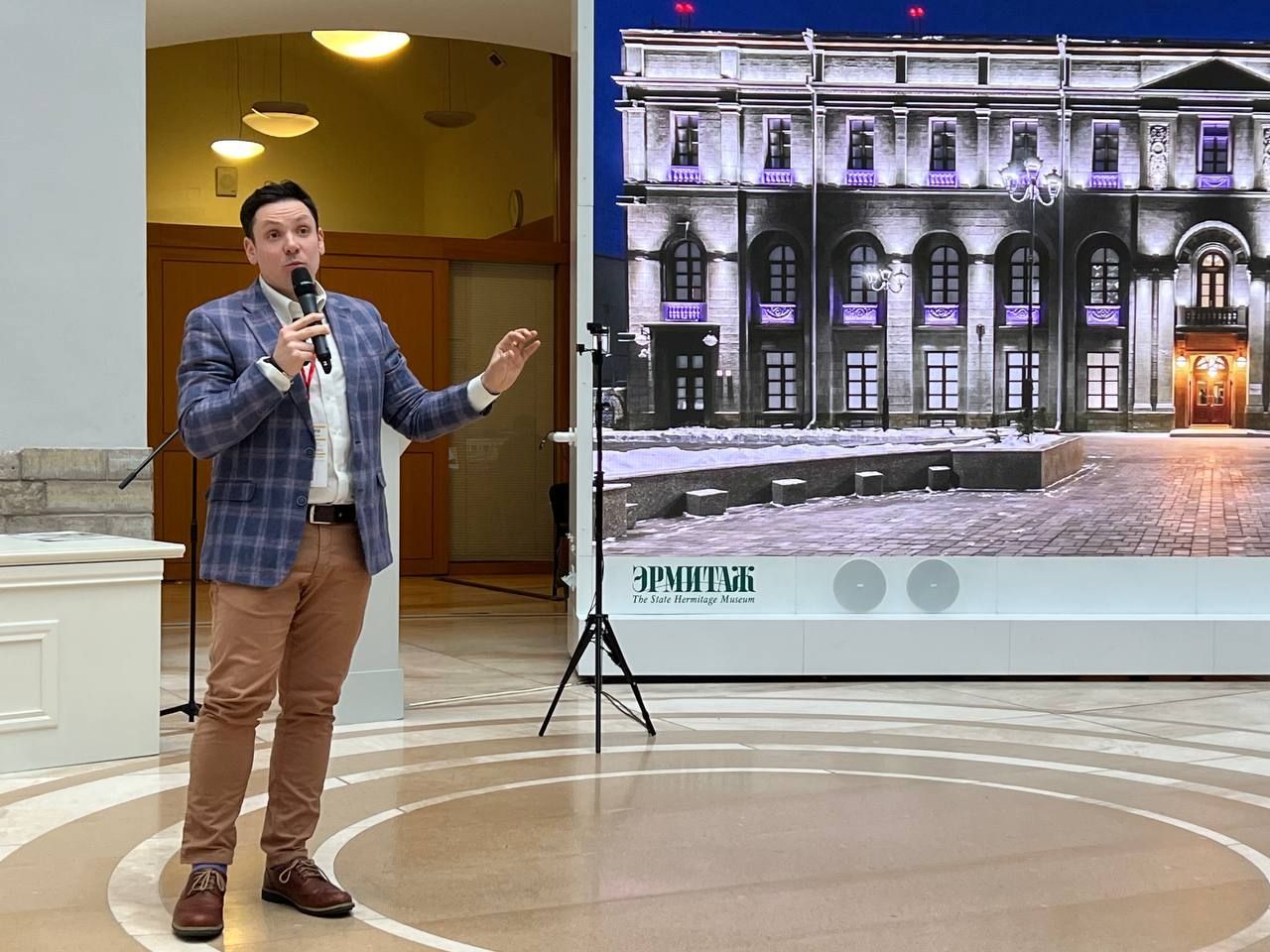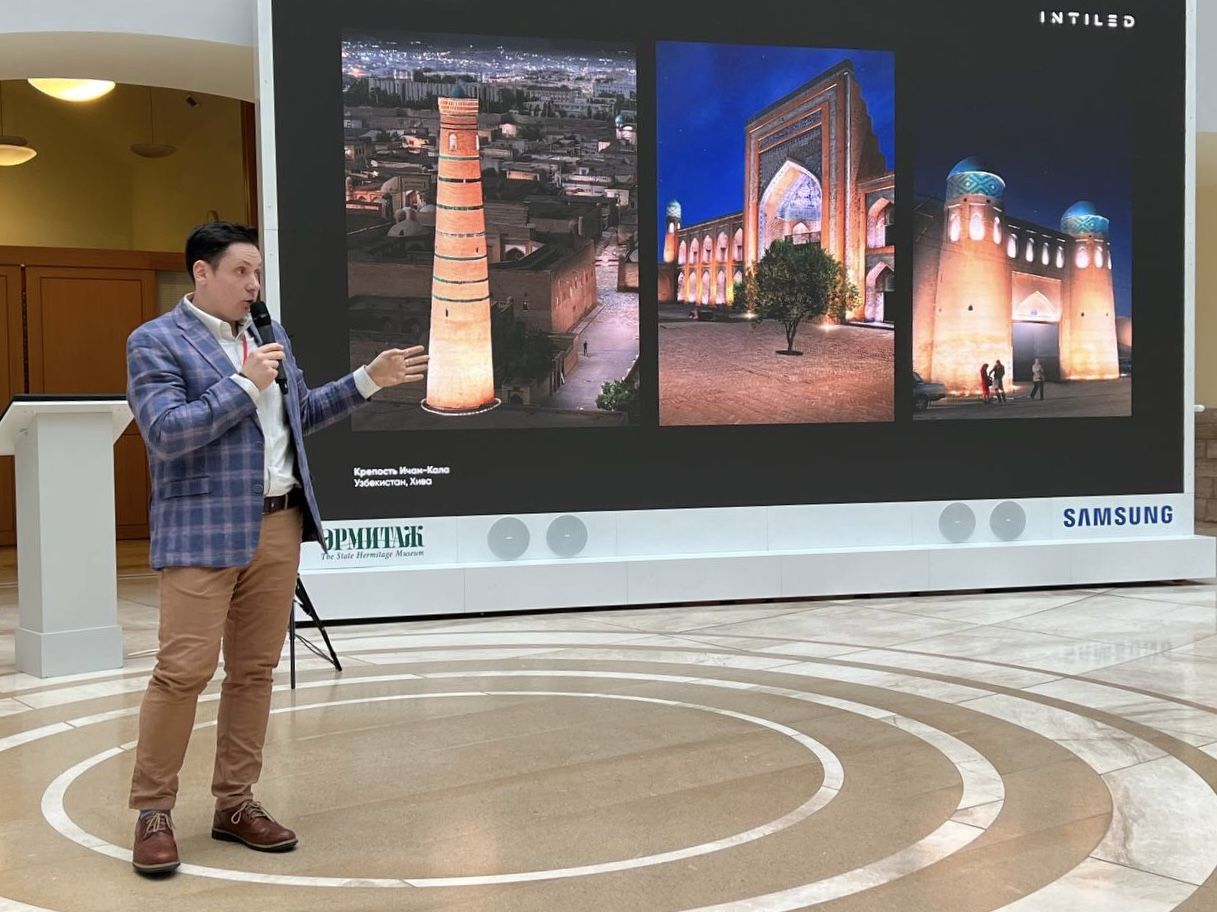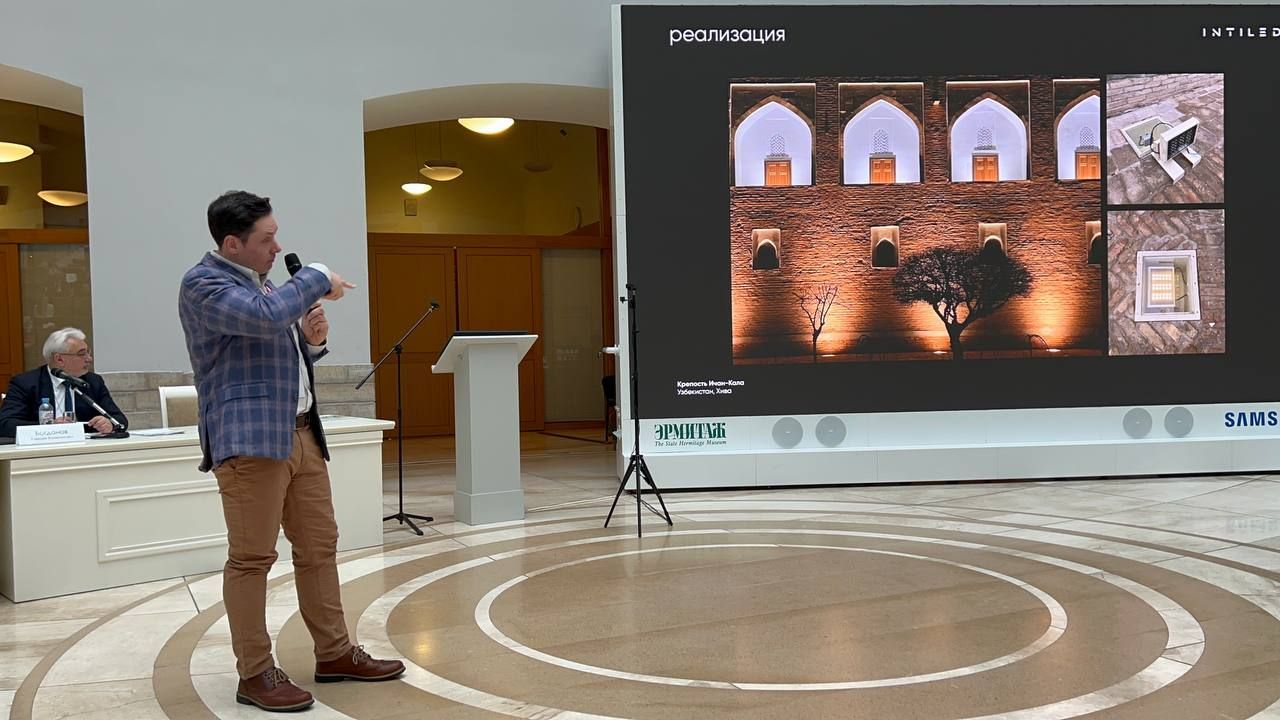Lighting In a Museum Conference
When invited to participate in the Lighting in the Museum international conference, we initially questioned how this theme aligned with INTILED, as our primary focus is on façade lighting rather than interior lighting. To better understand this connection, we explored the concept of museums. We categorized museum objects into two main groups: those situated outside and those housed within buildings. The first group includes UNESCO sites and monuments where the façade itself acts as a museum, preserving historical significance. The second group comprises museums located within various structures, both historical and contemporary. While many façade lighting companies tend to overlook interior lighting, INTILED takes a unique approach. When illuminating façades, we consider not only the architectural aspect but also the interior content and functionality of the building. Lighting the façade of an indoor museum presents distinct challenges. Besides architectural aesthetics, we aim to enhance visitors' emotional experiences. Museums often serve as prominent landmarks in a city's landscape, guiding and symbolizing the city. They also operate as commercial entities, needing to attract visitors for sustainability. Façade lighting plays a vital role in positioning museums as competitive attractions within a city. To achieve these objectives, the façade lighting system should be contemporary, possibly interactive, and designed to evoke the emotions visitors will encounter inside the museum, enhancing their overall experience. The report “Façade lighting of museums as an integral element of image and an additional way to attract audiences” was brilliantly presented by Dmitry Zelichenok, Director of Project Development at INTILED.


